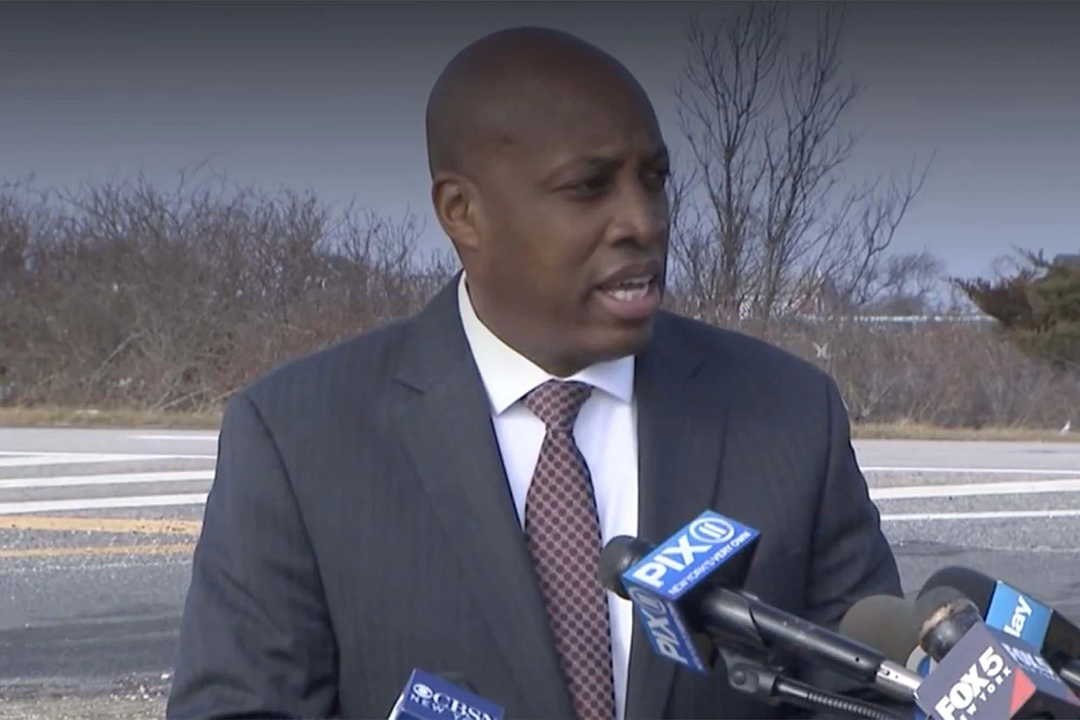Decriminalize Sex Work; Fight Human Trafficking
January 11, 2022
Human trafficking, in any labor sector and at the hands of any perpetrator, is an abhorrent human rights violation and abuse of power. DSW fights to decriminalize sex work because we know it will combat trafficking and exploitation and we proudly join other anti-trafficking organizations around the country in commemorating January as Human Trafficking Awareness Month. Our organization has taken critical action to combat exploitation of all kinds this calendar year:
• DSW helped pass Good Samaritan bills in Vermont and New Hampshire. These laws will allow sex workers who experience or witness crimes while engaging in prostitution to report them to law enforcement without fear of arrest or prosecution;
• DSW’s Legal Director Melissa Broudo served on the first-ever Human Rights Commission for Sex Workers in Portland Oregon in July of 2021;
• Longtime members of the New York Anti-Trafficking Network (NYATN), Melissa Broudo and Crystal DeBoise of DSW helped get the Survivors of Trafficking Attaining Relief Together (START) Act enacted into law in New York State. The bill expands vacatur eligibility for survivors of human trafficking. Whereas previously only prostitution convictions could be vacated, now courts have the option to vacate any conviction a survivor obtained as a result of being trafficked; and,
• DSW’s J. Leigh Oshiro-Brantly, Frances Steele, Crystal DeBoise, and Melissa Broudo published a research paper in the Charleston Law Review on the link between regressive sexual education and human trafficking.
Human trafficking is a nuanced issue, but the laws around it often discount this complexity. This nation’s first comprehensive anti-trafficking legislation, the Trafficking Victims Protection Act (TVPA), was not passed until 2000. The Department of Homeland security defines trafficking as an act which “involves the use of force, fraud, or coercion to obtain some type of labor or commercial sex act.” In 2012, the International Labor Organization (ILO) found that about 22% of trafficking cases involved commercial sex, while 10% were state-imposed labor, and 68% were forced labor exploitation, including agricultural, domestic, construction work, and more. But because policies and rhetoric often conflate consensual sex work and human trafficking, advocates have noted that when labor trafficking cases are reported to U.S. law enforcement, they often fail to investigate or prosecute.1 Research shows that up to 96% of anti-trafficking resources in the United States are used to combat trafficking in commercial sex, to the vast detriment of the survivors suffering exploitation in other labor sectors.
Further, as a result of conflation, a significant portion of the resources devoted to combatting trafficking in commercial sex are actually used to target consensual sex workers. New York’s Human Trafficking Intervention Courts exclusively see defendants charged with prostitution-related crimes, without differentiating between those participating in sex work consensually and those who have been coerced. Anti-trafficking raids on massage parlors around the country, like the one that led to the arrest of Robert Kraft in Palm Beach, Florida, employ monitoring and harassment techniques on immigrant women, arresting sex workers in a misguided effort to “save” them from exploitation. In the Palm Beach case, as in many others, no trafficking was ever proven but the massage workers faced jail time, court fees, and immigration consequences as a result. None of the spa’s clients were prosecuted.
An issue as serious as human trafficking warrants concerted, effective policy responses. Our current approaches waste resources and allow trafficking to proliferate. Evidence shows that one of the best things we can do to prevent trafficking in commercial sex is to decriminalize consensual adult sex work. Decriminalization would divert the resources being used to criminalize sex workers towards trafficking prevention. It would also allow sex workers and clients, those in the best position to identify when abuse is taking place, to report crimes committed against others and themselves. In New Zealand, which decriminalized sex work in 2013, there have been no cases of trafficking in commercial sex among decriminalized populations.
DSW’s briefing paper and informational video on how decriminalizing sex work helps prevent trafficking can be viewed on our website here. We will continue to shine a light on the misguided laws and assumptions that allow trafficking to proliferate and work to pass laws that will end exploitation and abuse.
The Woodhull Freedom Foundation’s Human Rights Commissions (WHRC) investigate, promote, and protect human rights. An upcoming WHRC on February 10th will center on sex work, with a focus on the human rights violations that result from false rhetoric around sex trafficking at the Super Bowl. The commission will bring together criminal justice reform advocates, impacted sex workers, labor rights activists, health care experts, and researchers to engage in strategic conversations about what policies, legislation, and programs will provide better working conditions for adult consensual sex workers, as well as proposed mechanisms to address labor exploitation.
Register for the virtual summit here.
________________________
1 Office to Monitor and Combat Trafficking in Persons, “Trafficking in Persons Report,” 516-17.
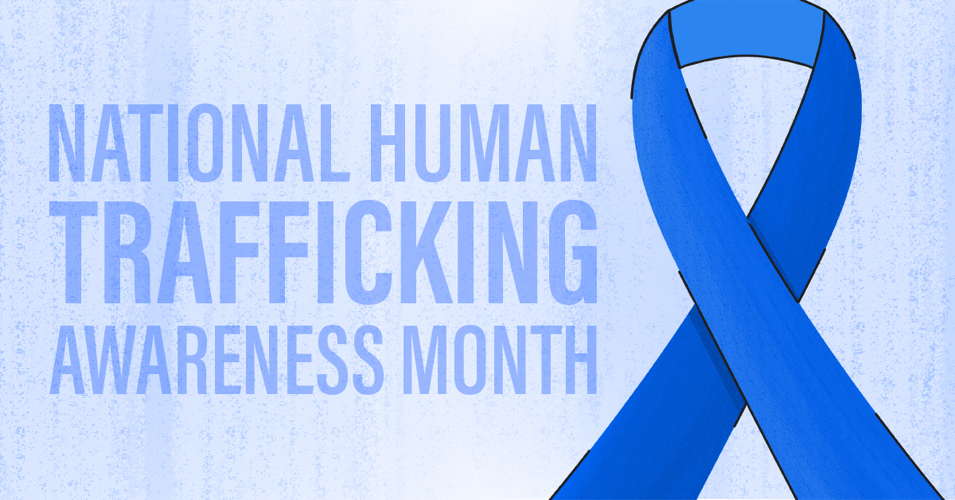
(Bark, 2020)
DSW Newsletter #32 (January 2022)
State Bills to Watch in 2022

January Is Human Trafficking Awareness Month

Federal Courts Rule, Title IX Protects Sex Workers from Discrimination
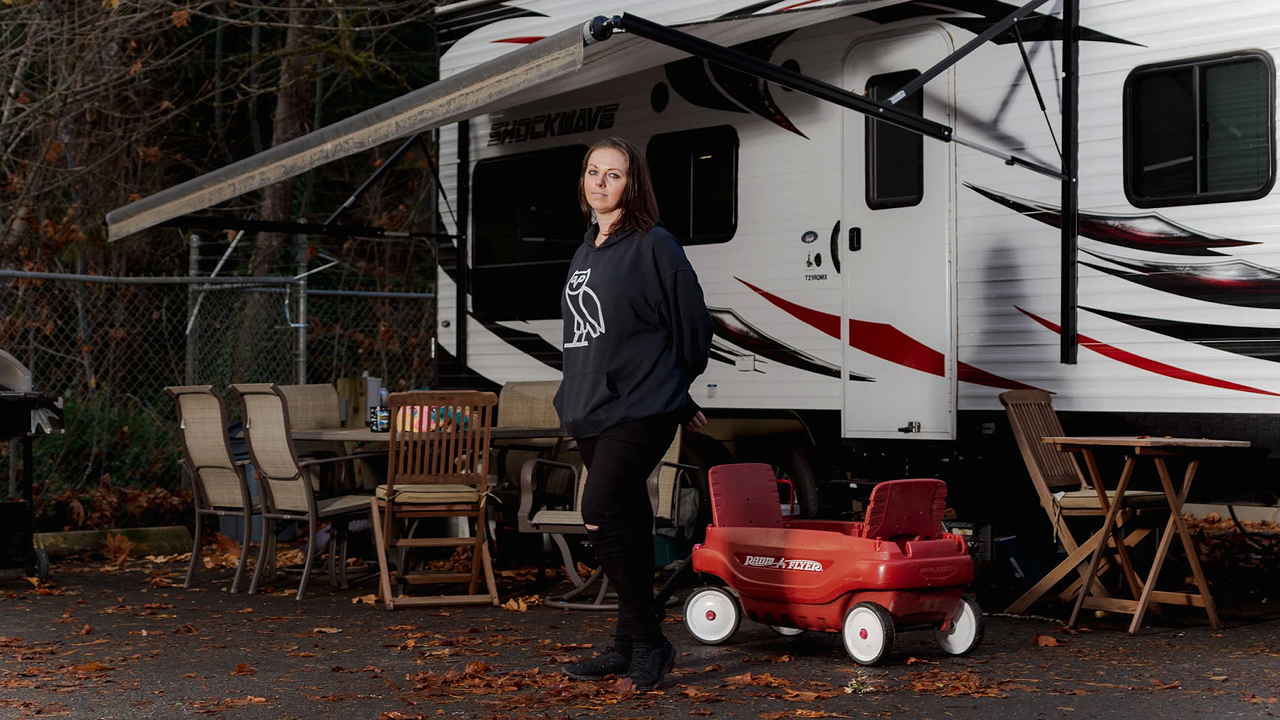
2022 Bills That Endanger Sex Workers
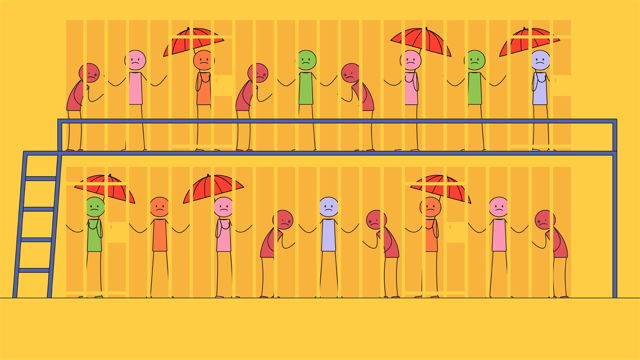
NY District Attorney Bragg Includes Landmark Sex Work Reform in Policy Statement
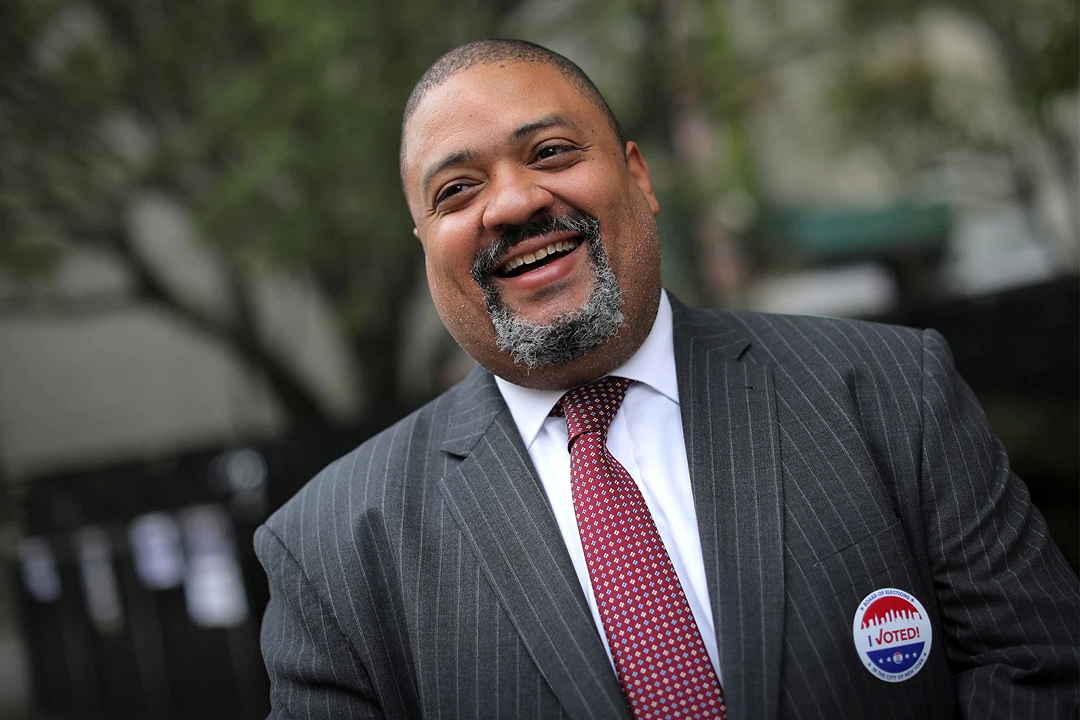
The Legacy of Gilgo Beach: Protect Sex Workers
